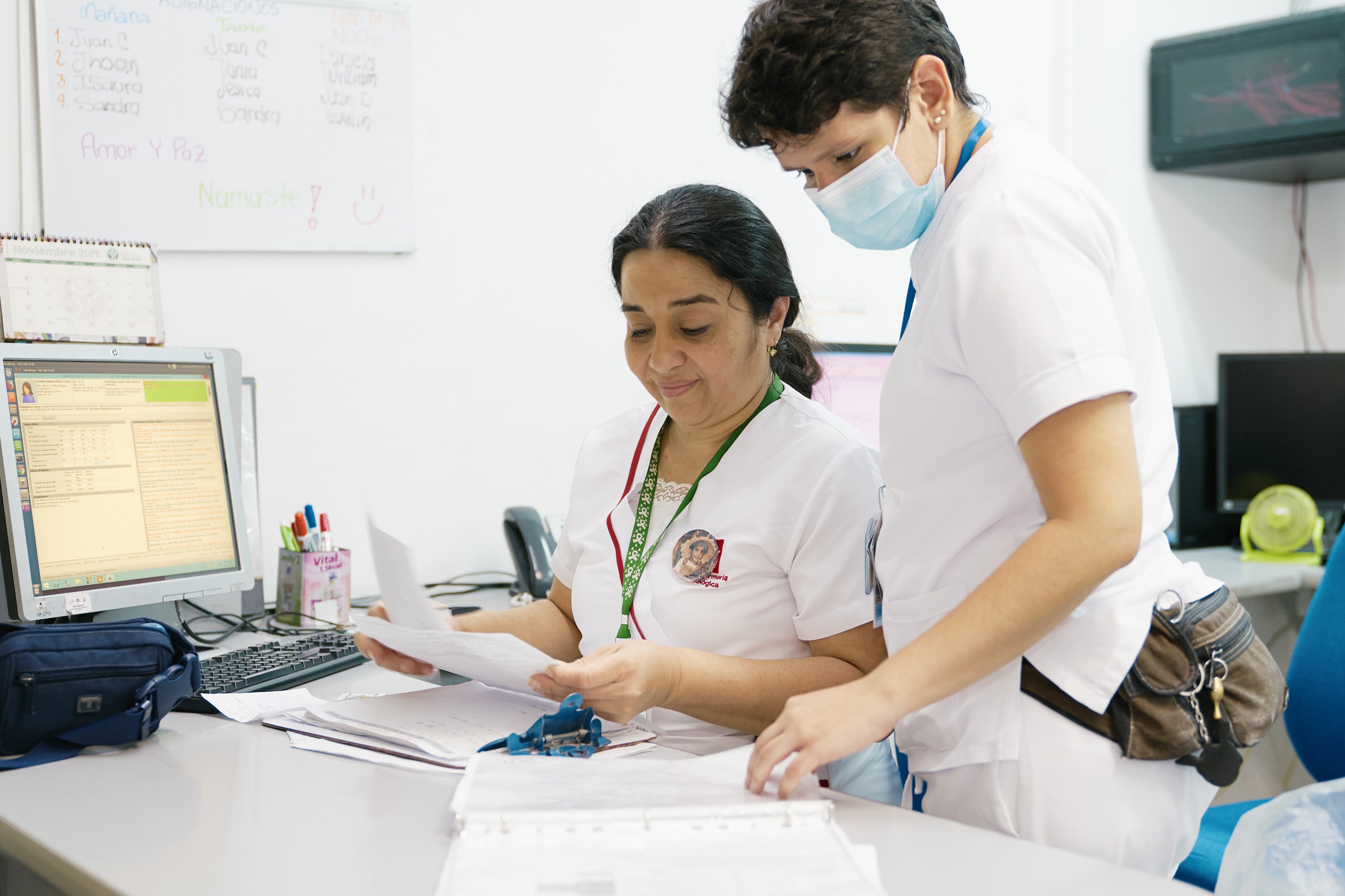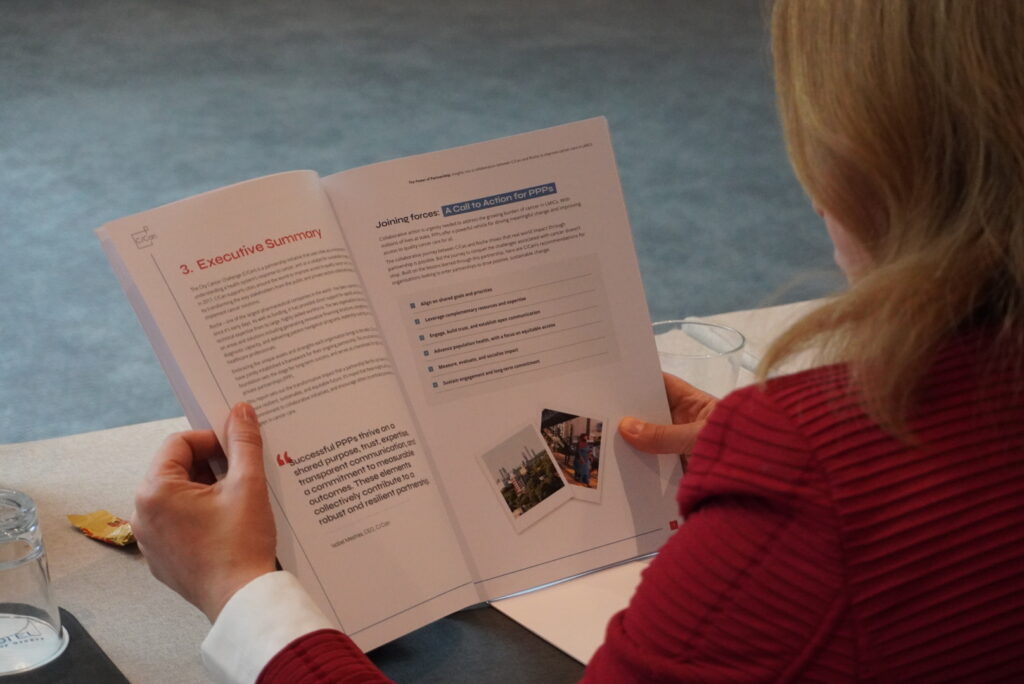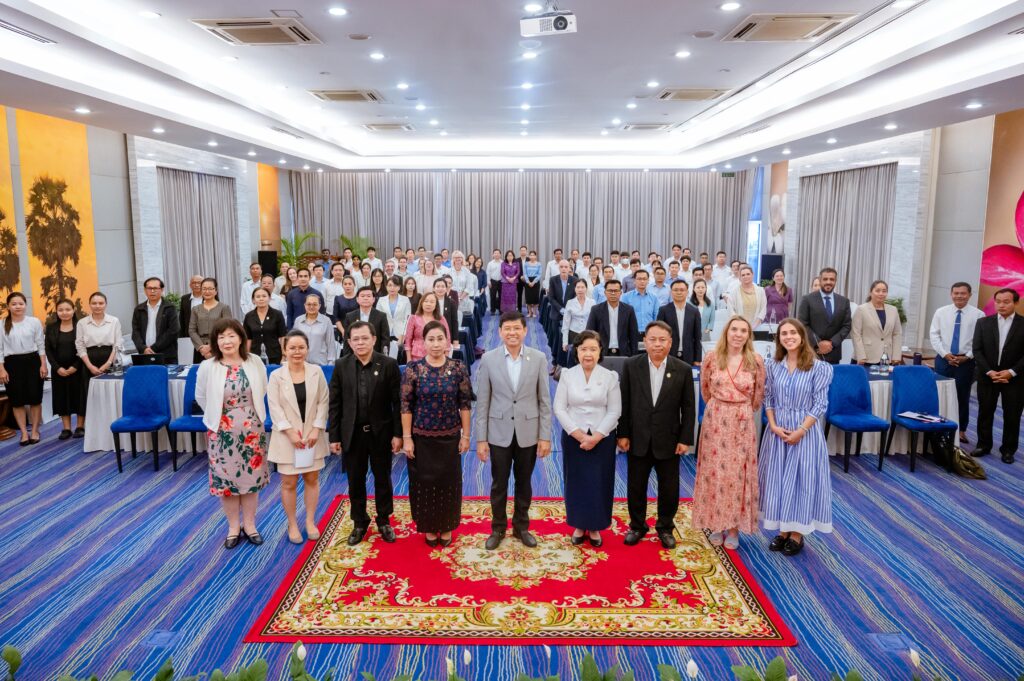
The indicators, reported in a study published in The Lancet Oncology, will assist hospitals and cancer-control planners to identify and boost the quality of cancer care services.
This set of quality indicators, the first of their kind, will support developing better cancer care as well as strengthen overall cancer system delivery to improve the lives of people affected by cancer,
said Isabel Mestres, CEO for City Cancer Challenge Foundation (C/Can).
The study was led by City Cancer Challenge (C/Can) and King’s College London’s Institute for Cancer Policy (ICP) with colleagues from many distinguished international cancer centres such as Tata Memorial Centre, and organisations such as World Health Organisation.
Examples of the types of quality indicators include:
- Tracking the time between diagnosis and first treatment – this is crucial as delays to this can mean that cancer can progress from curable to incurable.
- Calculating the proportion of patients who have undergone full analysis of the size and spread of tumours (known as TNM staging) – critical for designing the proper set of treatments
- Monitoring the proportion of patients who complete their full radiotherapy and chemotherapy treatments – ensuring patients complete their treatment is essential for better outcomes
Cancer is a major cause of death and suffering worldwide, with a disproportionate burden falling on low-income and middle-income countries.
Quality is a core and much neglected domain within cancer services and systems globally. This work reflects a significant step forward by articulating a global consensus on what quality indicators cancer centres and countries around the world should collect to improve outcomes. We are delighted to have supported City Cancer Challenge and colleagues around the world, including ASCO and WHO to achieve this important benchmark,
said Prof Richard Sullivan, Director of the Institute of Cancer Policy.
The study began with 216 potential indicators drawn from the literature, which were whittled down to nine through a series of iterative consensus meetings that involved 149 experts from 59 countries. The quality indicators covered all aspects of care from diagnosis to completion of treatment.
This publication is a landmark to improve cancer control globally. The quality indicators, based on best practices and expert consensus, can be used in cancer hospitals and health systems globally. Our next step is to collectively promote roll out and enable stakeholders to monitor access to quality services in their settings,
said Dr Andre Ilbawi, technical lead of cancer from the World Health Organization (WHO).
C/Can and ICP have forged a dynamic partnership with the WHO in this pioneering initiative. Moving forward, this collaboration aims to seamlessly translate academic research into impactful on-the-ground implementation. Emphasising the feasibility of data collection and actionable insights, the initiative is poised to reshape practice and policy, driving innovations in quality and equitable cancer care.
Beginning in low- and middle-income cities identified by C/Can, the initial implementation within C/Can cities will lay the foundation for a broader program rollout. In the long term, hospitals will leverage these indicators to drive transformative change—identifying quality gaps, setting ambitious targets, and implementing strategic shifts to enhance cancer care worldwide.
C/Can and ICP would like to thank its supporters, and particularly Bristol Myers Squibb, an independent sponsor of the Quality Cancer Care Indicators (QCCI) project.





